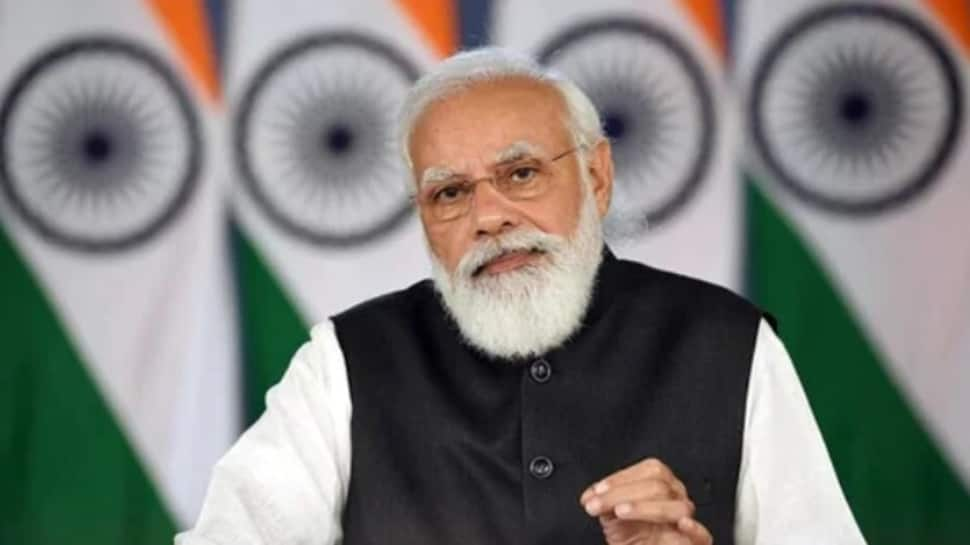AMRUT 2.0 aims to provide 100% coverage of water supply to all households in around 4,700 urban local bodies by providing around 2.68 crore tap connections.

Prime Minister Narendra Modi unveiled the second phase of the Swachh Bharat Mission-Urban (SBM-U) and the Atal Mission for Rejuvenation and Urban Transformation (AMRUT), claiming that the missions' goals were to make cities garbage-free and water secure.
PM Modi said the new phases of these missions are also a vital step in realising Dr. B. R. Ambedkar's dreams in his presentation following the launch of SBM-U 2.0 and AMRUT 2.0 at the Ambedkar International Centre here. "It's our privilege that today's programme has been organised at the B.R. Ambedkar Centre. Babasaheb believed that urban development was pivotal to removing inequality," PM Modi said.
According to the Prime Minister's Office (PMO), the Swachh Bharat Mission-Urban 2.0 aims to make all cities 'Garbage Free,' ensure grey and black water management in all cities other than those covered by AMRUT, and secure all urban local bodies as Open Defecation Free + (ODF+) and ODF++, thereby realising the vision of safe sanitation in urban areas. For effective solid waste management, the Mission will focus on source segregation of solid waste, using the 3Rs (reduce, reuse, recycle) principles, scientific processing of all types of municipal solid waste, and rehabilitation of legacy dumpsites.
According to the PMO, AMRUT 2.0 aims to provide 100% coverage of water supply to all households in around 4,700 urban local bodies by providing around 2.68 crore tap connections, as well as 100% coverage of sewerage and septage in 500 AMRUT cities by providing around 2.64 crore sewer or septage connections, benefiting more than 10.5 crore people in urban areas. AMRUT 2.0 would follow circular economy principles and promote the conservation and renewal of surface and groundwater bodies, according to the company.
As per the PMO statement, AMRUT 2.0 will cost roughly Rs 2.87 lakh crore. According to the PMO, SBM-U and AMRUT have made important contributions to improving the urban landscape during the last seven years. The two flagship missions have increased the capacity to provide inhabitants with basic water and sanitation services, according to the report.









No comments:
Post a Comment